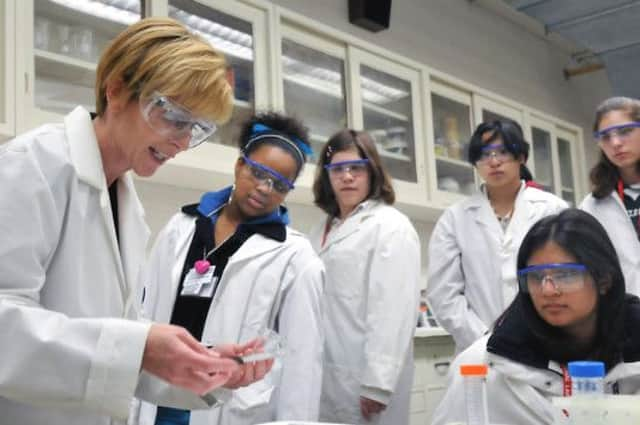Biology teachers ‘need more guidance’


In contrast, creationism, intelligent design and similar ideas are not based on scientific evidence and therefore should not be taught in the context of a science class or presented as scientific theory.”
The Society of Biology, as a UK-wide organisation, is in a position to compare the situation in Scotland, where official guidance does not as yet exist, with the rest of the UK, where it is already in place. It is therefore clear that we have the strongest possible backing from those best placed to judge.
Advertisement
Hide AdAdvertisement
Hide AdWe note the inclusion of intelligent design as something that should “not be taught in the context of a science class or presented as scientific theory”. This is a matter of particular importance in Scotland, given that the Centre for Intelligent Design is based in Glasgow, and that intelligent design is mentioned explicitly in the University of Glasgow report Searching for Meaning.
While this goes beyond the scope of our petition, we also welcome the Society’s recommendation to the Scottish Government to provide teachers with appropriate training to develop the skills to answer controversial questions posed in science lessons in a clear and sensitive manner.
The Society’s submission is dated 10 November, but through an oversight was not made available by the Parliamentary Clerks until 17 December. Had this been available, it would have strengthened the evidence we gave to the Public Petitions Committee, altered the tone of debate over the intervening weeks, and affected deliberations within the Educational Institute of Scotland and the Scottish Government. We invite those bodies to reconsider their positions, in the light of this important new evidence.
• Paul S Braterman is honorary senior research fellow in chemistry, University of Glasgow